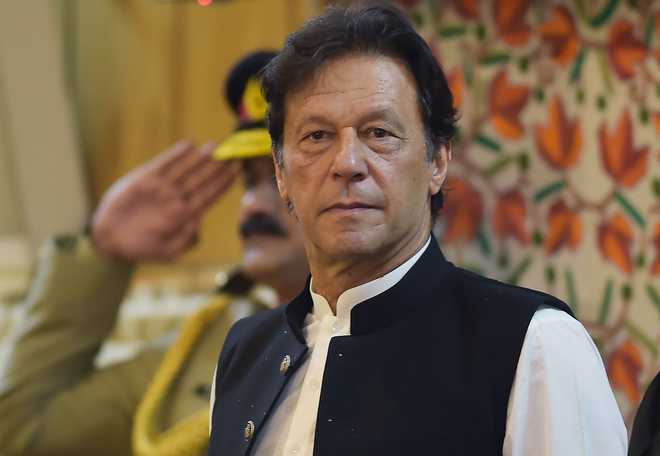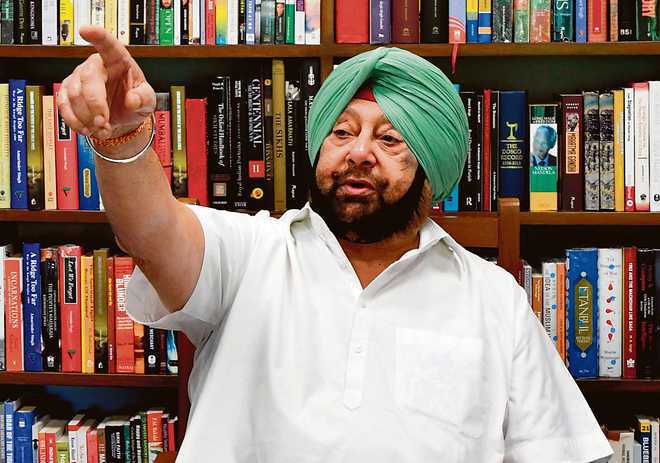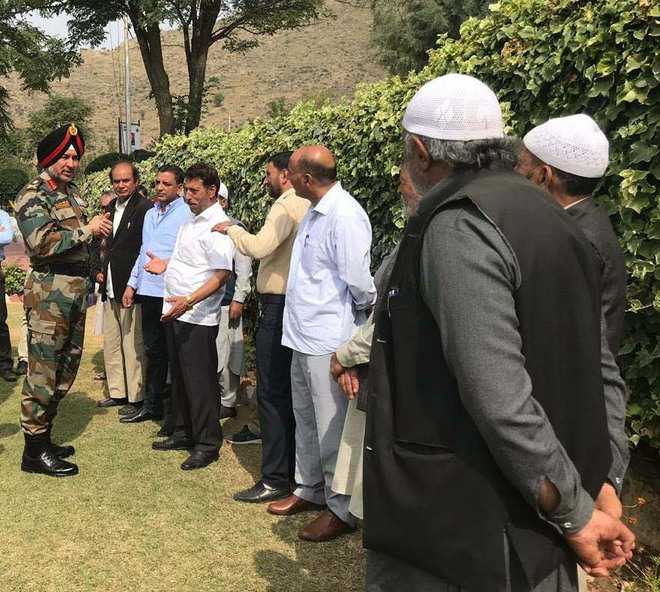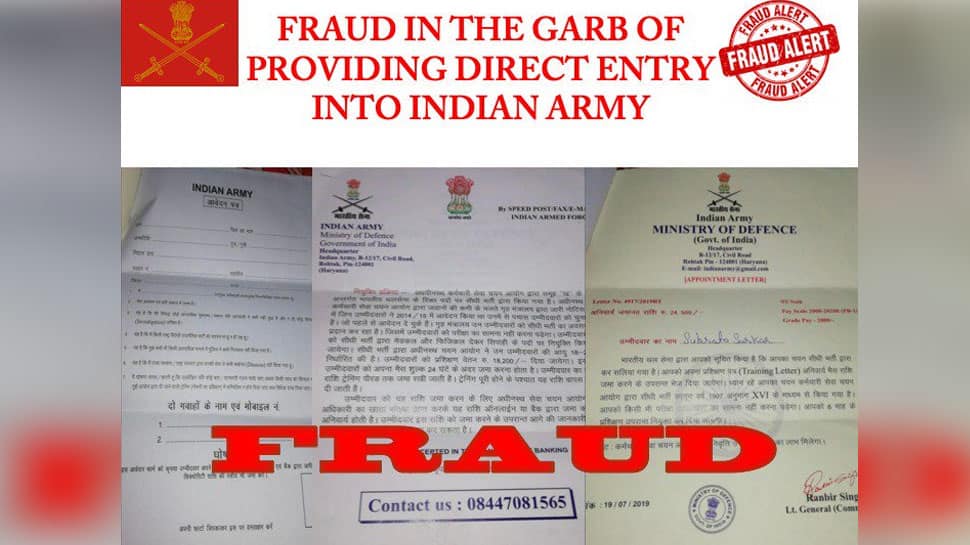
From being a heartthrob of millions of cricket-lovers across the Indian subcontinent, Imran Khan has overnight metamorphosed into a medieval mullah. Worse, his cry for jihad against India now puts him in the league of Osama bin Laden and Mullah Omar. For, after 9/11 no head of government or serious statesman has ever used the J-word so casually and callously as Imran Khan did on Sunday, after returning from his failed mission to rake muck at the United Nations General Assembly against India over the abrogation of Article 370 of the Indian Constitution. Strangely, while proclaiming a religious war against India, Imran elevated his third wife Bushra Bibi to the status of his nation, thanking both in the same breath for their fervent prayers when he was away in New York.
Imran seems to have lapsed into religion after his hysterical threats of a nuclear war elicited derisive laughter in the world capitals. Even Pakistan’s greatest ally China has merely gone through the motions without adding any substance to formal posturing. Only the United Kingdom, the original Pakistan patron, seems to have extended the hospitality of its capital city to hold anti-India rallies and to break the windowpanes of the Indian High Commission. This cannot be a source of consolation for Imran or his masters — the Pakistan deep state comprising the military-intelligence network.
Yet, it is of great import to understand the reasons behind the jihad cry. Was it Imran, nervous of losing the army’s support and scared of being made a scapegoat, appealing to the religious extremists within and without the army? Or, was he merely lip-synching the army prompters as he has done so far? If the latter is the case, the world should sit up and take note. India has been at the receiving end of an interminable jihad since Jinnah’s Direct Action day on August 16, 1946, when he declared that he would have ‘either a divided India or a destroyed India’. Jinnah’s successors want to divide and destroy India over and over again. J&K is a mere ruse; it’s a jihad Pakistan wants.






























































































































